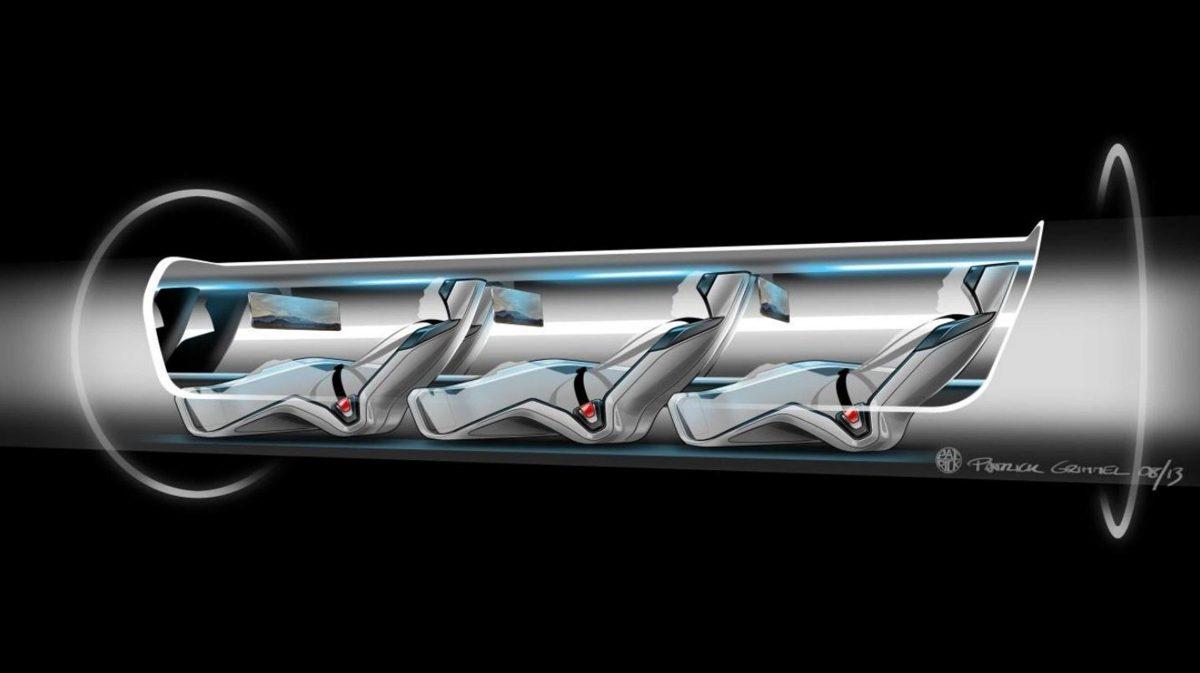Elon Musk has already brought brilliant ideas to life.
The co-founder of PayPal, Zip2 and Tesla Motors and founder of SpaceX is always up to something. His latest exploits could see one of his most brilliant ideas come to fruition.
It was announced on Monday that SpaceX will be holding a contest in 2016 for independent teams of engineers and university students to design pods for a scaled-down version of the Hyperloop, a ground transportation system.
Musk surely has million-dollar ideas constantly, but this one is a billion-dollar premise. His proposed high-speed transportation system would feature pods shooting down tubes with a low-level of pressurization and a top speed of roughly 760 miles per hour.
The idea was originally posed in 2013, but the announcement of the design competition pushed the elaborate futuristic plan one step closer to reality.
SpaceX will be building a track for teams to test their pods. The company is targeting next June to hold the competition.
“To support this competition, SpaceX will construct a one-mile test track adjacent to our Hawthorne, California, headquarters,” read the announcement on SpaceX’s website. “Teams will be able to test their human-scale pods during a competition weekend at the track, currently targeted for June 2016. The knowledge gained here will continue to be open-sourced. Break a pod!”
The idea of being one step closer to traveling at such rapid speeds without having to leave the ground is thrilling. But more than anything, the announcement highlights the wonderfully innovative time we live in.
Not that long ago, iMacs were bulky. Now, they house everything a highly-functioning computer needs behind a relatively small, flat screen.
Fifteen years ago, hardly any kid had a cell-phone. Now, 10-year-olds are glued to their devices.
Cell-phones used to be the size of today’s cordless landlines in the early 2000s. In 2015, sleek smartphones now allow users to talk and text, as well as tweet, play games and instantly solve disputes with a quick Google search.
Travelers were once forced to navigate using an atlas, turning pages as they crossed state lines. Now, they can merely type in an address to Google Maps or in a Garmin GPS system and be guided step-by-step to their destination.
Heraclitus, a renowned Greek philosopher, said “Nothing endures but change.” His words ring true nearly 2000 years later in the world of innovation.
With bright minds continuing to blaze new technological trails, ideas like the Hyperloop seem less like a dream and more like an imminent reality.
Jack Woods is a 21-year-old mass communication senior from Ruston, Louisiana. You can reach him on Twitter @Jack_TDR.
Hyperloop highlights tech advancements
By Jack Woods
June 17, 2015
This conceptual design rendering provided by SpaceX shows a Hyperloop passenger transport capsule within a tube, the core of a high-speed system that billionaire Elon Musk suggested two years ago, that would zoom passenger capsules through elevated tubes at the speed of sound. The 400-mile trip between Los Angeles and San Francisco would take a half-hour. Musk’s company, SpaceX, announced Monday, June 15, 2015 that it plans to build a one-mile test track next to its headquarters in Hawthorne, Calif. The company will hold a competition there next year with teams testing designs for Hyperloop passenger pods. (SpaceX via AP)






